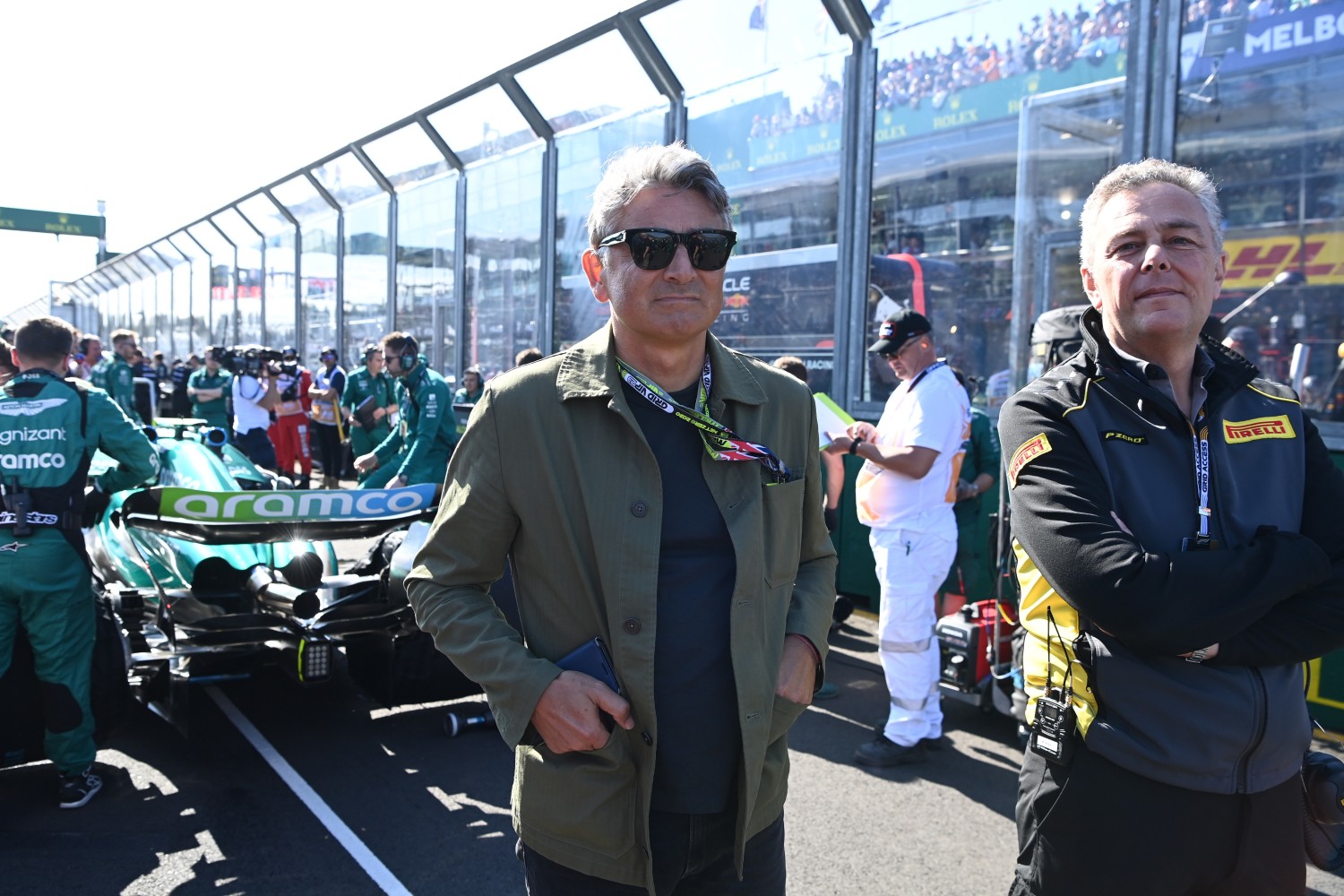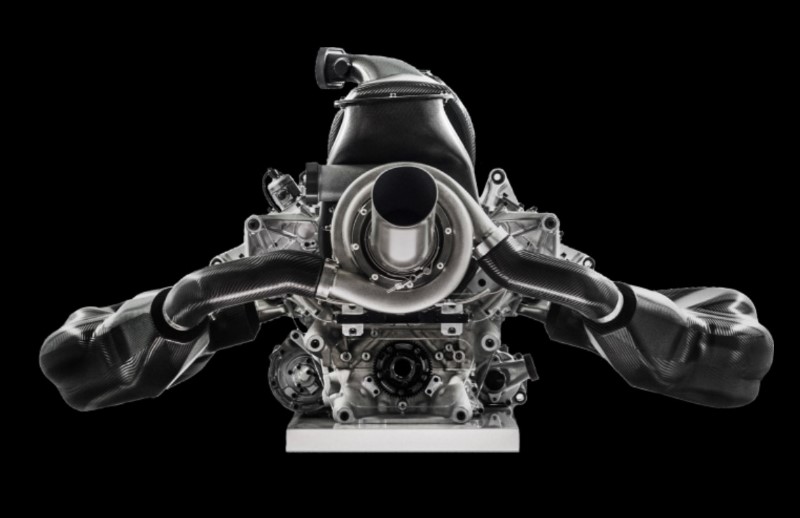Formula 1 News: Simpler rules needed for Renault engine return
(GMM) Renault is unlikely to return to Formula 1 as a works’ engine manufacturer unless the rules are simplified, group CEO Luca de Meo admits.

F1 engine makers who are still preparing for the radical new regulations for 2026, including Ferrari, Audi and Red Bull Powertrains, are reportedly already scooping up staff from Alpine’s Viry-Chatillon factory.
The move will save Renault-owned Alpine millions in engine development costs, and de Meo thinks moving to customer Mercedes power units from 2026 will also be a performance boost.
“Let’s be clear,” he told L’Equipe. “If you go and visit – as we did – an operation like HPP, the Mercedes engine factory, you see 900 people working there.
“We have 340 employees for our engines,” the Italian added. “They have test benches that we do not have.”
Renault’s current engine woes date back to the last major regulations change, when naturally-aspired engines were replaced with the hybrid ‘power units’ of today.
“The transition to the hybrid era required major investments that we underestimated at the time,” de Meo admits. “We work structurally with three cylinders, while others have eight.
“We simply do not have the structure to be at the forefront of development.”
He also sees other problems with the Formula 1 rules.
“The reward structure in Formula 1 does not take into account the investments that the manufacturer teams have to make,” said de Meo. “So we spend more than others, but do not get a benefit.
“In the long term, Formula 1 could – who knows – propose a technological simplification,” he added, justifying the creation of a ‘F1 monitoring group’ at Viry that will keep an eye on how the next rules cycle from 2030 shapes up.
“They could propose an engine without hybridization, for example – without electrification – that makes noise again and runs on e-fuel for the green image,” said de Meo.
